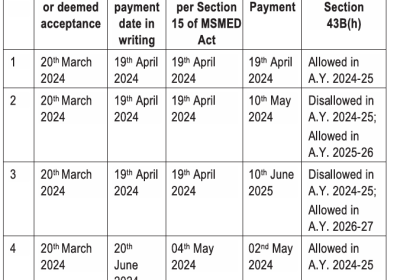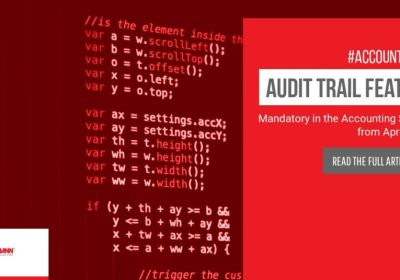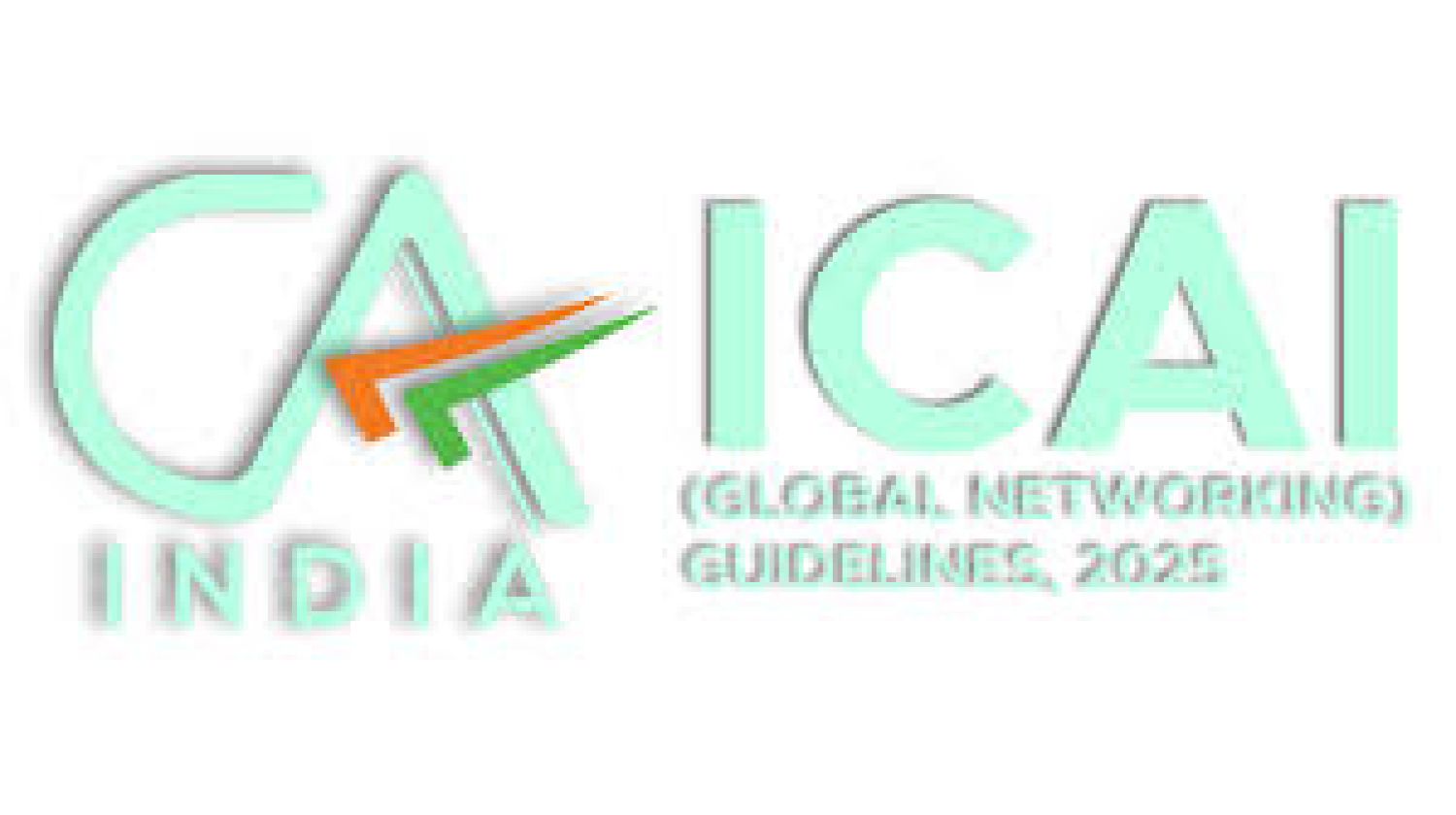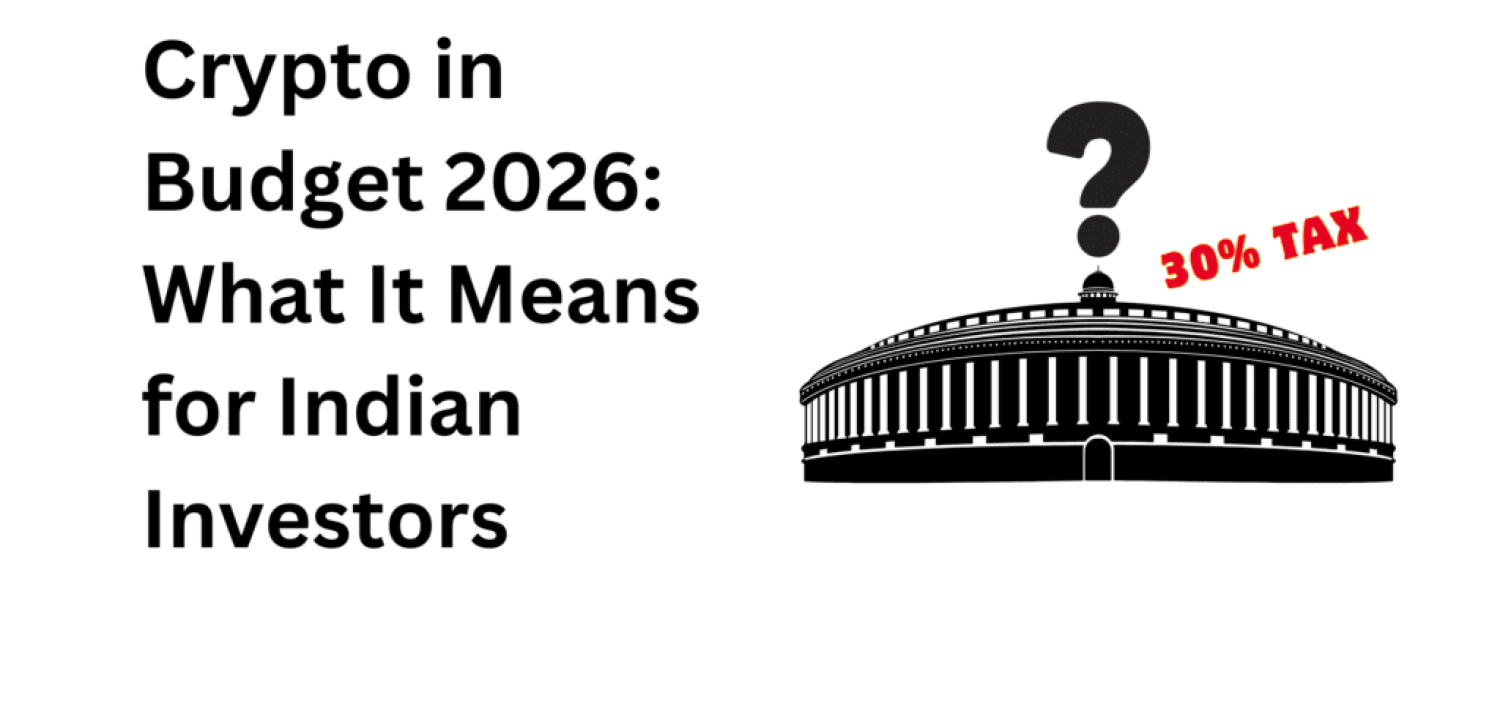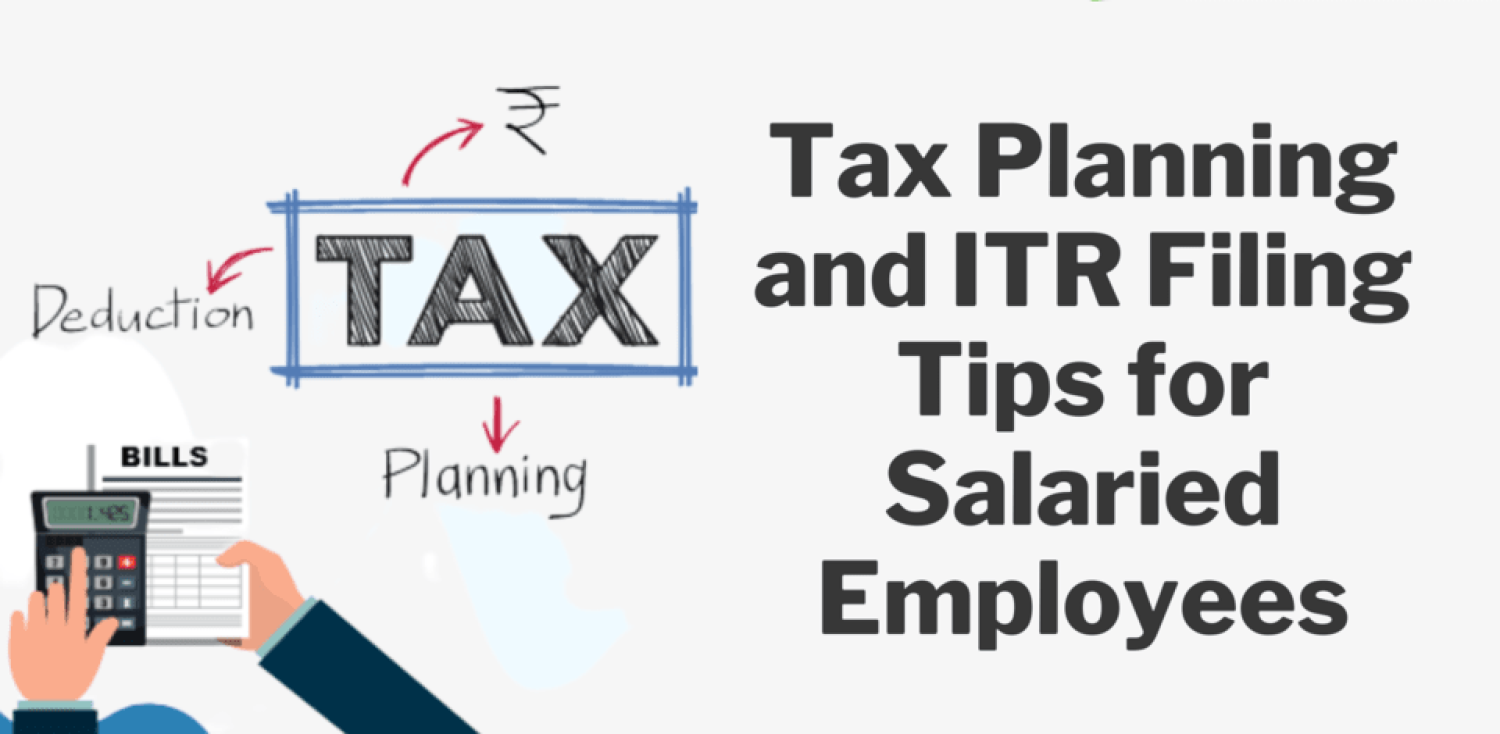Table of Contents
- All About The Social Stock Exchange (sse):
- Sebi Amendments Overview:
- Main Features & Objective Of Social Stock Exchange :
- What Is The Objective Of Social-impact Assessors?
- Eligibility And Certification Of Social Auditor:
- Recognition Of Icsi And Icmai As Sros - Expanded Eligibility Criteria For Sias
- Role Of Social Impact Assessors
- International Context
- Conclusion
- Enhancing Social Responsibility Through Professional Compliance Audits
- Important Links
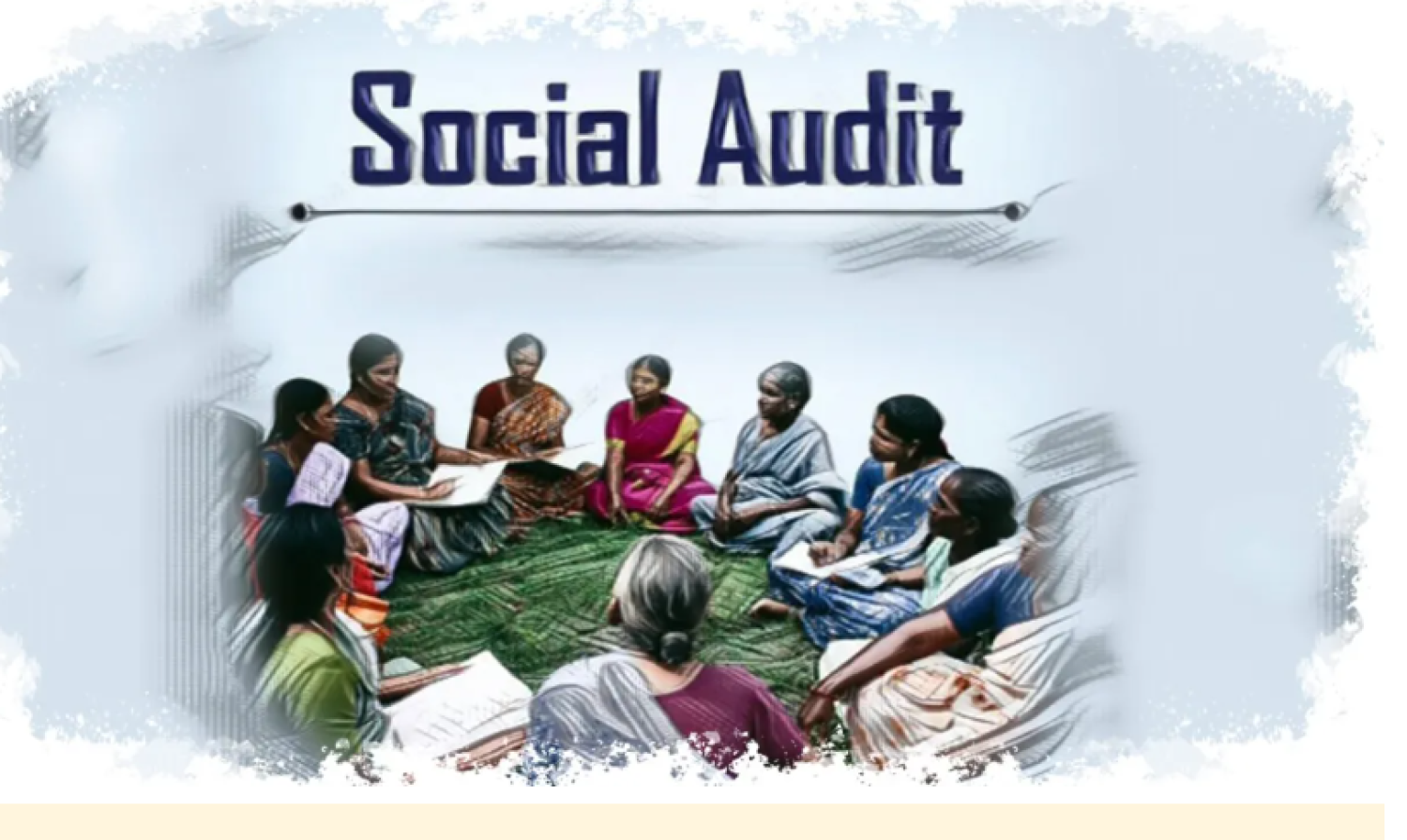
All about the Social Stock Exchange (SSE):
SEBI Amendments Overview:
SEBI, through its notification dated July 25, 2022, has introduced amendments to the SEBI (Issue of Capital and Disclosure Requirements) Regulations, 2018 (ICDR) and SEBI (Listing Obligations and Disclosure Requirements) Regulations, 2015 (LODR). These amendments aim to provide Social Enterprises with new avenues for fundraising through the Social Stock Exchange (SSE).
A Social Stock Exchange (SSE) is a unique financial platform designed to enable non-profit organizations (NPOs) and non-governmental organizations (NGOs) to list on stock exchanges such as the Bombay Stock Exchange (BSE) or the National Stock Exchange (NSE). This innovative platform offers these organizations an alternative method for raising funds to support their social and developmental initiatives.
Main Features & Objective of Social Stock Exchange :
- Social Stock Exchange Provide an alternative fundraising avenue for NPOs and NGOs. Social Stock Exchange Enhance the transparency and accountability of listed social organizations. Social Stock Exchange Foster social impact through structured financial mechanisms.
- Eligibility of Organizations Criteria for organizations to raise funds through SSE. Classification of entities as "Not for Profit Organization" (NPO) or "For Profit" Social Enterprises.
- Fundraising Mechanisms Various means through which Social Enterprises can raise funds, such as zero-coupon-zero-principal bonds, social venture funds, and mutual funds. Social Stock Exchange main objective to make the way for Fund-Raising Instruments for NPO’s. Social Stock Exchange issue the Fund-Raising Instruments for NPO’s i.e Zero-Coupon-Zero-Principal Bonds, Social Venture Funds & Mutual Funds.
- Zero-Coupon-Zero-Principal Bonds are unique bonds where the principal and interest are not paid back, but the funds are used solely for social projects.
- Social Venture Fund is Investment funds that focus on social enterprises aiming to generate measurable social impact alongside financial returns.
- Mutual Funds: For example, the Cancer Fund by HDFC Mutual Fund operates like a standard mutual fund, but the returns generated are directed towards funding NPOs.
- Obligations of Social Enterprises Responsibilities and compliance requirements for entities listed on the SSE to maintain transparency and accountability.
What is the objective of Social-Impact Assessors?
Annual Impact Report and Social Audit
- Social-Impact Assessors (SIAs) are professionals responsible for evaluating the social impact of the activities undertaken by NPOs and social enterprises listed on the SSE.
- Responsibilities of Social-Impact Assessors: to Assess the effectiveness and impact of social initiatives using defined parameters. Social-Impact Assessors Ensure that the funds raised are utilized as intended and contribute to the desired social outcomes. Social-Impact Assessors Provide reports and insights to stakeholders about the social returns on their investments.
- To enhance the governance framework and boost investor confidence in Social Enterprises, SEBI has introduced the concept of the Annual Impact Report, which must be audited by a Social Auditor. The Social Audit aims to Evaluate the impact made by the Social Enterprise through its activities, interventions, programs, or projects during the reporting period & Ensure that the reported social outcomes are accurate and reliable.
Eligibility and Certification of Social Auditor:
- SIAs must be individuals registered with self-regulatory organizations under Institute of Chartered Accountants of India, Institute of Cost Accountants of India, or Institute of Company Secretaries of India.
- They must complete a certification program conducted by the National Institute of Securities Market and hold a valid certificate.
- Must enroll with Self-Regulatory Organizations and Social Auditors: A Self-Regulatory Organization is an independent body that regulates its own members through the adoption and enforcement of rules and standards. These organizations are not regulated by the government or any other external institute, but they operate under mandates or frameworks provided by regulatory authorities such as SEBI (Securities and Exchange Board of India). Key SROs for Social Auditors in India:
- Institute of Chartered Accountants of India (ICAI)
- Institute of Social Auditors of India (ISAI)
- ISAI Website
- Institute of Company Secretaries of India (ICSI)
- Indian Institute of Social Auditors (IISA)
- IISA Website
- Institute of Cost and Management Accountants of India (ICMAI)
- Social Auditor Organisation (SAO)
- SAO Website
Recognition of ICSI and ICMAI as SROs - Expanded Eligibility Criteria for SIAs
- As of May 27, 2024, the Securities and Exchange Board of India has issued a circular expanding the eligibility criteria for Social-Impact Assessors. Company Secretaries & Cost and Management Accountants who hold an NISM certificate can now qualify as SIAs. The ICMAI Social Auditors Organization and the ICSI Institute of Social Auditors will be established by ICMAI and ICSI, respectively. Previously, only ICAI was recognized as the agency for registering SIAs.
- This recognition offers Company Secretaries a new domain to explore and establish themselves in. With the growing importance of ESG (Environmental, Social, and Governance) criteria, the demand for qualified social auditors is expected to rise.
- By engaging in social audits, CS & CMA professionals can enhance their professional standing and contribute meaningfully to the social sector. This diversification can also lead to increased job satisfaction and broader career prospects.
- Self-Regulatory Organizations (SROs): By being recognized as SROs, ICSI and ICMAI now have the authority to regulate and oversee the conduct of Social Impact Assessors (previously termed Social Auditors). This recognition underscores the credibility and expertise of these institutes in maintaining standards and ensuring the quality of social audits.
Role of Social Impact Assessors
- Annual Impact Assessment Reports: Qualified Social Impact Assessors will be responsible for issuing Annual Impact Assessment Reports. These reports are crucial for Social Enterprises registered and/or listed on the Social Stock Exchange, as they assess the social impact and effectiveness of these enterprises' activities.
- Social Enterprises: These enterprises are entities with a primary objective of achieving social goals, such as improving education, healthcare, and environmental sustainability. Accurate and reliable impact assessment reports are essential for these enterprises to demonstrate their social value to stakeholders, including investors, donors, and the community.
- Regularly update oneself on SEBI regulations and guidelines related to social auditing and the operations of the Social Stock Exchange. Engage with social enterprises and other stakeholders in the social sector to understand their needs and establish a professional network.
International Context
India's SSE is part of a growing global trend, with countries like the UK, Canada, and Brazil having already established similar exchanges. The Indian SSE is anticipated to make substantial social impacts by providing an innovative platform for NPOs to secure funding, thus enhancing their social initiatives and contributions to society. This initiative marks a significant step in India's financial and social sectors, fostering a closer alignment between financial markets and social development goals.
Conclusion
The introduction of Social Auditors and the establishment of SROs like ICAI ISAI, ICSI IISA, and ICMAI SAO mark a significant development in the field of social impact assessment in India. These professionals will play a crucial role in ensuring the accountability and effectiveness of social enterprises and NPOs, thereby fostering greater trust and transparency in the sector. As the concept matures, Social Auditors will find expanding opportunities to contribute to social development through rigorous impact assessments and compliance support.
Overall, this development presents a unique and rewarding opportunity for Company Secretaries & CMA to contribute to the greater good while advancing their professional careers.
Enhancing Social Responsibility Through Professional Compliance Audits
- Our rigorous social responsibility assessments help build trust among your customers and stakeholders by demonstrating your commitment to ethical practices and social responsibility.
- Prepare your organization to meet stringent industry standards and customer-specific requirements through our comprehensive audit services.provide the overall Benefits of Our Social Compliance Audits.
- Benefit from a wide network of auditors based in key production locations, enabling efficient and thorough assessments tailored to your operational needs.
- Our approvals across a variety of social compliance schemes allow us to address a vast array of customer requirements, providing you with flexible and customized solutions.
- Contact Us: Discover how our social responsibility assessments can improve your performance across various social audit factors. Contact us to learn more about our services and how we can support your compliance needs and enhance your organization's social responsibility initiatives.
Important Links
|
Content |
Link |
|
Exam registration |
https://www.nism.ac.in/nism-series-xxiii-social-auditors-certification-examination/. |
|
NISM Mail |
|
|
ICAI ISAI |
|
|
ICSI IISA |
|
|
ICMAI SAO |
|
|
Further Queries |
singh@carajput.com or 9555 555 480 |


